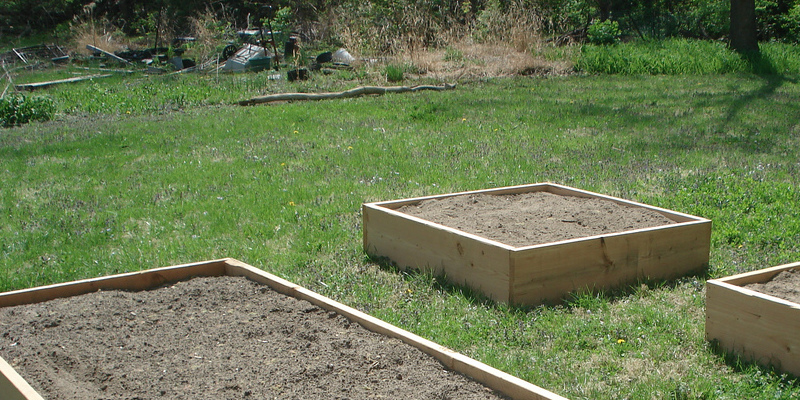2018

Composting Assists the Environment
In 2009, the Town of San Francisco launched the “Obligatory Recycling and Composting Ordinance,” which needed all San Franciscans to to split up their trash into recyclables, compostables and landfill trash. The town decided that 36% of the trash was food waste prior to the ordinance was enacted. One-million tons of plant waste was turned into compost because the system started. Following the direct of San Francisco, Portland, Seattle and Boulder have started their own curb-side recycling applications. Diverting plant waste has a number of advantages for the atmosphere.
Helps Landfills
Composting helps helps maintain vegetable issue out of landfills. Not only does composting keep landfills from filling it minimizes the pollution they generate. Plant issue does not decay cleanly when put in landfills: The levels of trash burying the plant issue produce an atmosphere that is anaerobic. As it decays this airless atmosphere causes the plant issue, as it decays, to generate methane gas. This powerful greenhouse-gas is 21 times stronger than carbon dioxide. Composting aids reduce landfills’ contribution.
Feeds the Soil
Jared Eliot, in his traditional 1748 guide “Essays Up On Industry Husbandry,” launched an often-cited metaphor. The soil, he stated, is just like a bank. A person who grows foods in the soil without returning manure and plant wastes to it’s without actually producing a deposit, just like a person who repeated money from a bank account. Food waste returning that compost to gardens and fields, enables us to return nutrients to the soil lender that feeds us.
Improves the Soil
Compost increases the soil in several ways. It helps loosen the compaction of soils that are heavy. It assists hold water and sandy soils trap. When combined with with soil features just like a sponge, holding water where the roots require it most, decreasing the quantity of a crop that is irrigation requirements. Composting provides nutrients and fosters the development of earthworms, insects and beneficial micro-organisms. It also assists to reduce water and wind erosion by encouraging wholesome root development and by possessing dampness in the s Oil. Compost makes main contributions to soil health, growing the opportunity of plant success.
Minimizes Chemicals
Compost on cropland minimizes the need for chemical fertilizers. Compost perhaps not only gives the fundamental nutritional elements furnished by by chemical fertilizers — phosphorus, potassium and nitro Gen — it offers an extensive variety of nutrients and t-Race minerals maybe not obtainable in chemical fertilizers. Less use of chemical fertilizers decreases their connected environmental issues, including water pollution. Nitrogen from these fertilizers causes algae blooms in the ocean along with lakes altering the eco-system. Chemical fertilizers leach in to ground-water and contaminate drinking-water wells.